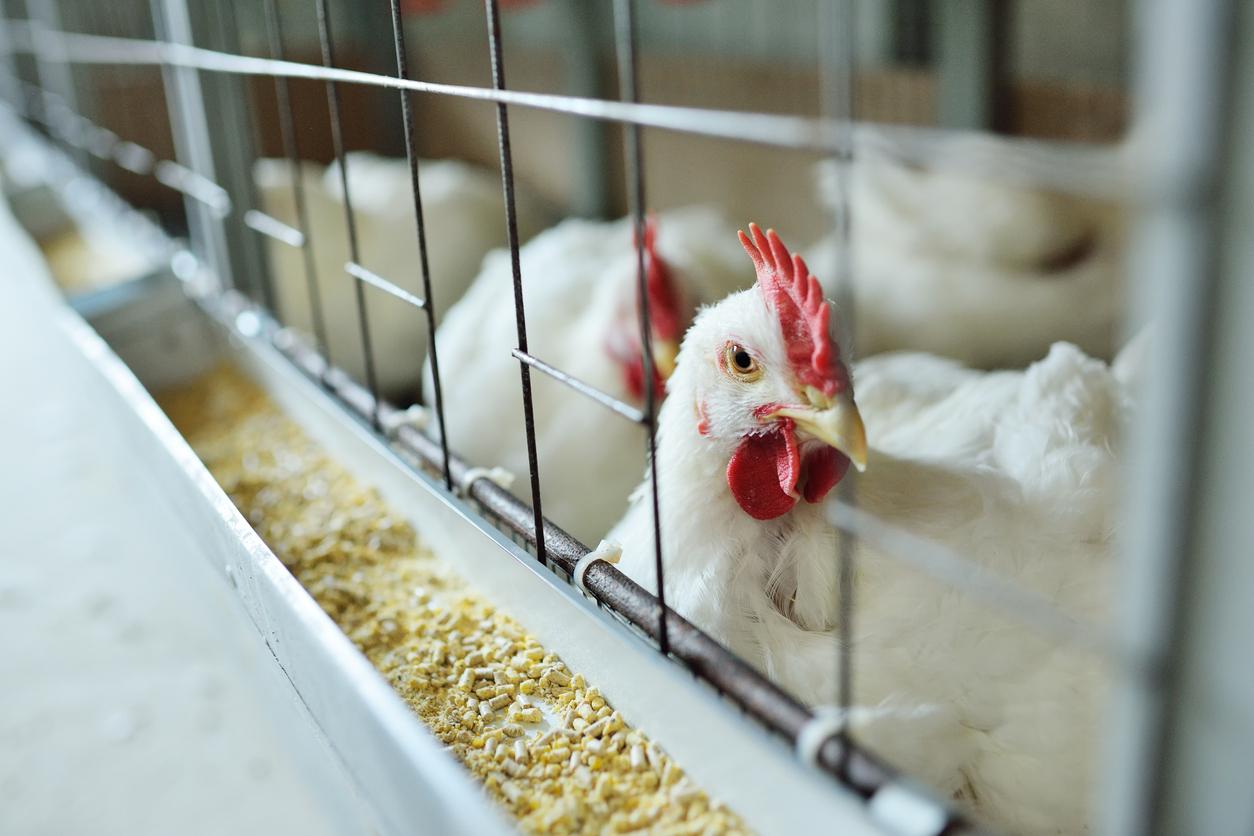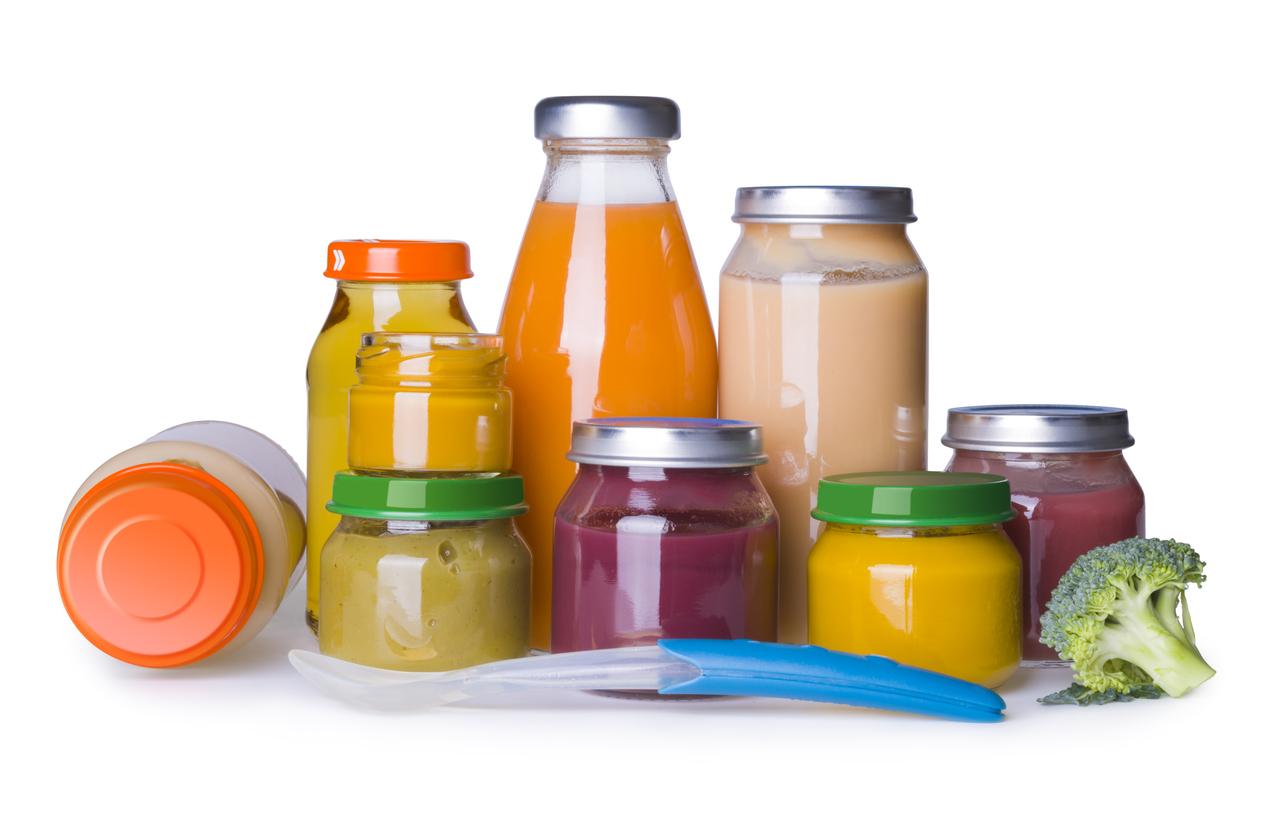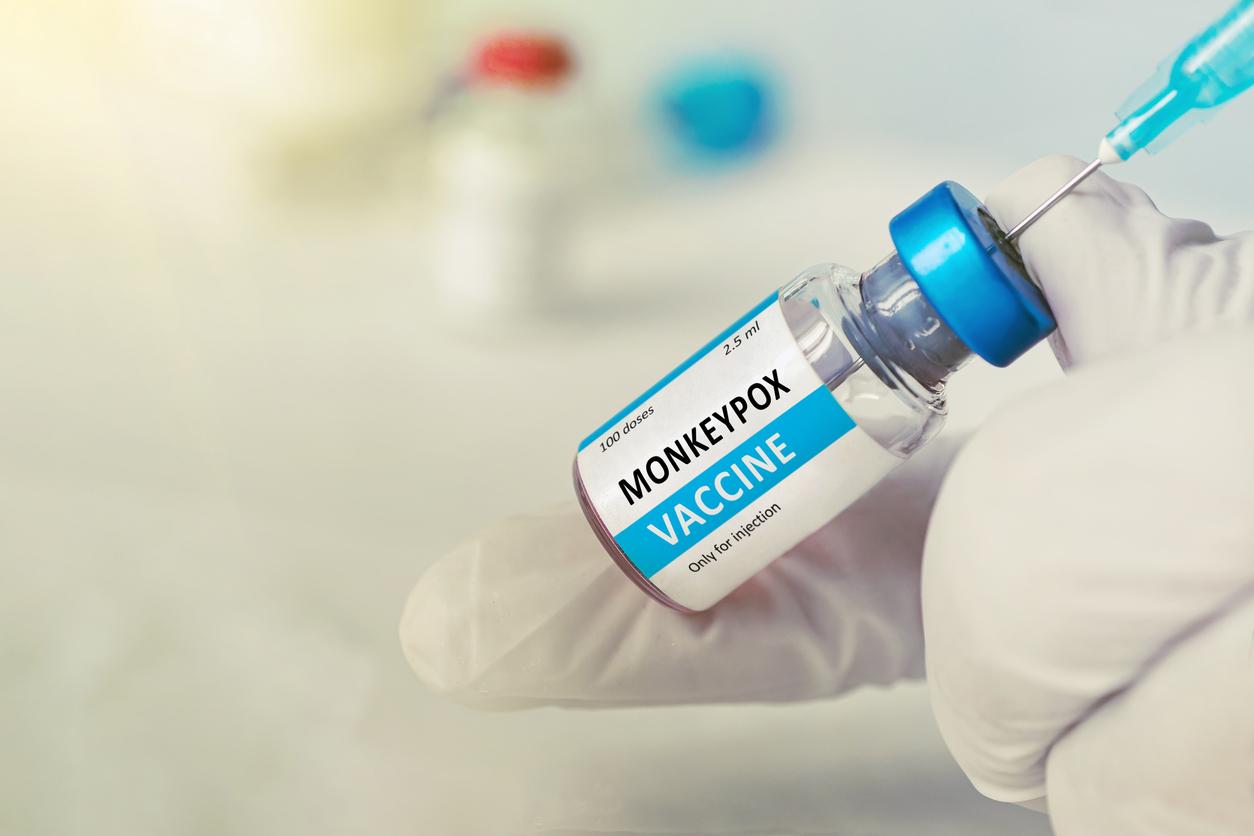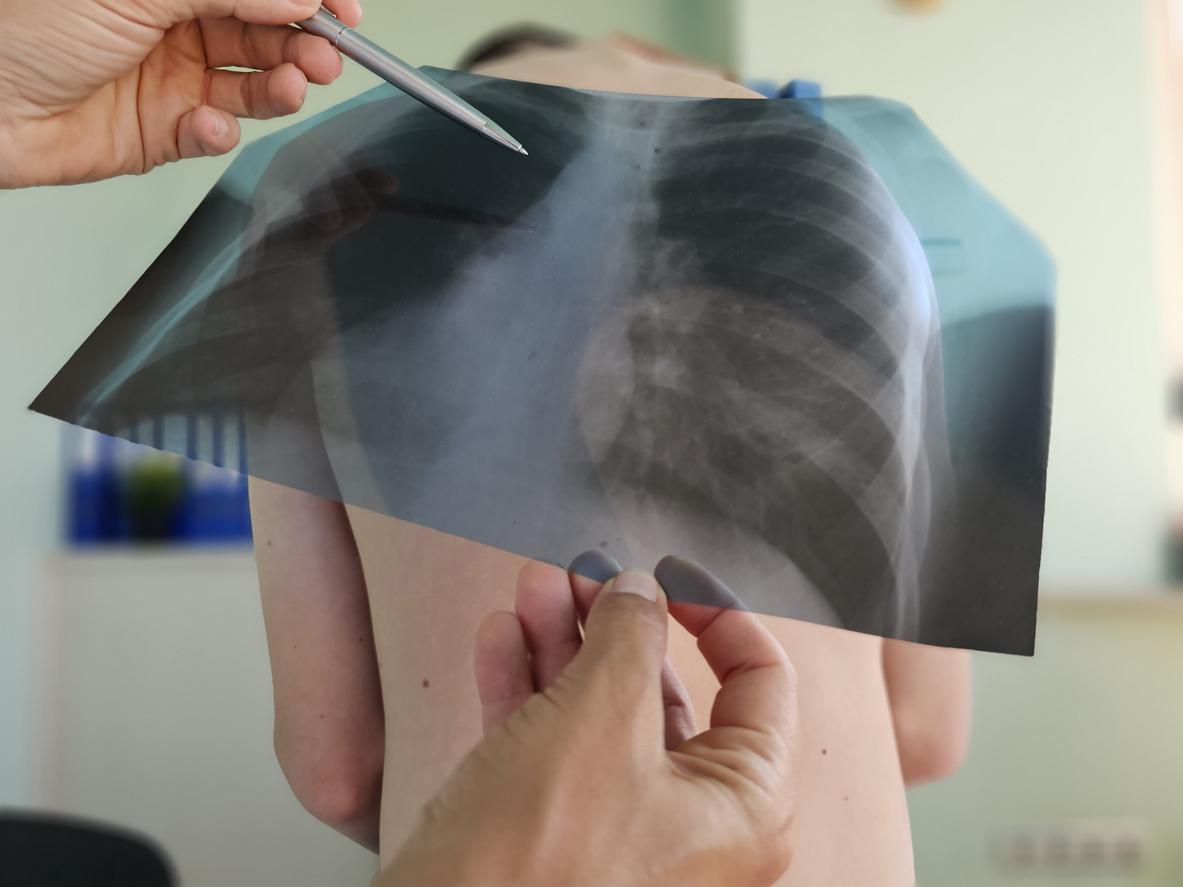To have a successful holiday season, you might as well avoid food poisoning. Whyctor gives you some recipes.
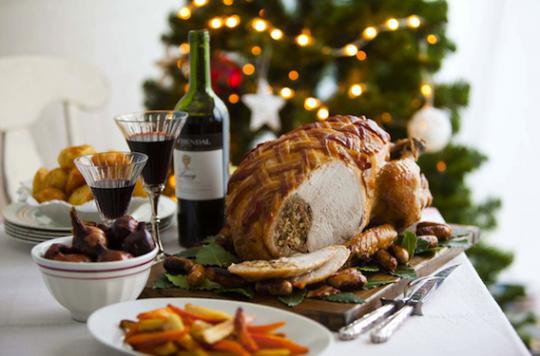
The Christmas holidays are fast approaching. In addition to the gifts to wrap, you will have to prepare the meal. The timeless foie gras, oysters, salmon and log will of course be there.
As every year, excess will accompany the feasts. And for some, food poisoning will be a surprise guest.
Bacteria of the genus Salmonella and Listeria could indeed take advantage of a few preparation errors to proliferate and make you have a nightmarish day after party. So to have a safe weekend and avoid bacterial infections, Why actor reminds you of the instructions to follow.
Crucial step: defrosting
If you are going to cook frozen poultry or fish, it is advisable to thaw them in the refrigerator. At room temperature, bacteria proliferate. For a 3 kg turkey, it takes at least 24 hours. Add 10 hours for each additional kilogram. For a one kilo fish, it takes about 4 and a half hours.
You can also thaw your food in the microwave, but only if you plan to cook it immediately afterwards.
Thawing under cold water is also an option. In this case, wrap the poultry, piece of meat or fish in a plastic bag and submerge everything. The water should always be cold and clean. It must therefore be changed every 30 minutes.
Perfect cooking
For a baked turkey, it takes 45 minutes per kilo at 165 ° C. If you opt for a roasted guinea fowl, the thermostat should be set to 200 ° C for a cooking time of around fifty minutes.
For lovers of stuffing, it is better to cook it separately. Let it cool in the refrigerator then place it in the turkey when you put the poultry in the oven.
It is strongly recommended not to stuff poultry the day before it is cooked in order to avoid bacterial proliferation.
Between all these preparation steps, it is imperative to wash your hands as well as kitchen utensils before and after use and the work surface, especially if you are cooking poultry and fish.
Conservation
Like every year, leftovers will accumulate in the refrigerator. For fish, you can keep them between 3 and 4 days, and 6 months in the freezer. On the other hand, raw shellfish should be eaten the next day or within 4 months if you place them in the freezer.
For meat dishes in sauce, you will have to finish them the next day otherwise you can keep them for 6 months in the freezer.
Regarding “pregnant women and those most at risk, indicates ANSES (1), it is recommended to avoid foods frequently contaminated by L. monocytogenes such as raw milk cheeses (especially soft cheeses), the rind of cheeses in general, smoked fish, raw shellfish, tarama and raw meat products such as charcuterie ”.
(1) National Agency for Food, Environmental and Occupational Health Safety
.











